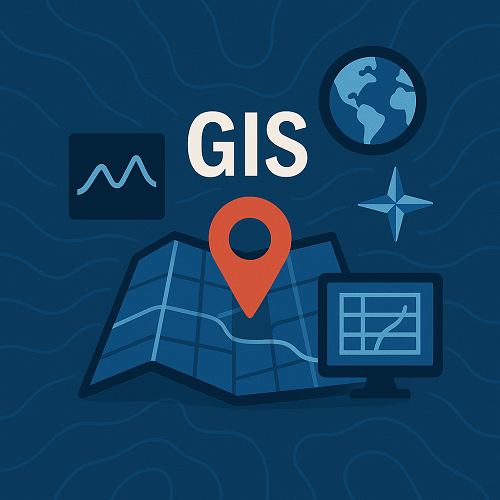How GIS Technology is Transforming Real Estate Transactions
Geographic Information System (GIS) technology is taking the real estate industry to new heights of efficiency. It has been used in various sectors, such as agriculture, emergency management, retail, and insurance, and now it is revolutionizing the real estate industry. In this article, we explore how GIS technology is transforming real estate transactions.
1. Site Selection and Property Assessment
GIS technology provides insights into geographic data to help real estate agents quickly analyze the availability of suitable sites or properties. GIS software can rapidly assess the distance to critical social amenities, public transport, and environmental factors. With this data, the real estate agent can make a more informed decision about whether the site or property meets the client’s needs.
2. Advanced Analytics
GIS technology helps real estate agents to conduct sophisticated analysis of data, such as demographics, property market trends, social amenities, among others. With these insights, real estate professionals can advise their clients on how to make informed decisions about property investment. For instance, GIS technology helps determine the likelihood of a particular property achieving an optimal return on investment.
3. Improved Property Marketing
GIS technology supports the creation of accurate and attractive property marketing content. Real estate agents can create visually compelling materials through information-packed and geo-specific maps. These maps showcase the location alongside relevant amenities such as schools, hospitals, public transport, among others.
4. Efficient and Streamlined Transactions
GIS technology streamlines the real estate transaction process by enabling real estate agents and brokers to collaborate effectively on property listings, sales, and closing activities. This collaboration results in faster and smoother transactions. The technology can also be used to optimize the process of escrow and trust accounting, making this aspect of the transaction stress-free for the client.
5. Transparent Markets
GIS technology promotes transparency in the real estate industry. GIS software helps fuse data from various sources, such as tax liens, market trends, property evaluations, foreclosures, and natural disaster data, to provide a transparent and accurate view of the real estate environment.
In conclusion, GIS technology is transforming the real estate industry and changing the way real estate professionals approach transactions. From site selection to marketing, to transaction streamlining, GIS technology helps real estate agents to navigate property investments like never before. The adoption of GIS technology by real estate professionals is set to grow in the coming years, improving efficiencies, transparency, and the overall quality of real estate transactions.
FAQs:
1. What is GIS Technology?
GIS stands for Geographic Information System. The technology involves the collection, analysis, and manipulation of geospatial data to provide insights into geographic phenomena.
2. How does GIS technology assist in real estate site selection?
GIS technology helps assess the availability of suitable sites or properties by analyzing location-based data that provides insights into the distance to critical social amenities, public transport, among others.
3. How can GIS technology aid in real estate property marketing?
GIS technology helps real estate agents create visually compelling maps and other marketing content that showcases location and relevant amenities.
4. What are some of the benefits of using GIS technology in real estate transactions?
GIS technology streamlines the transaction process, promotes transparency, and provides advanced analytics for better decision-making.
5. How is GIS technology expected to influence the real estate industry in the future?
GIS technology is expected to become more pervasive in the real estate industry, hence improving transparency, efficiency, and the overall quality of real estate transactions.
